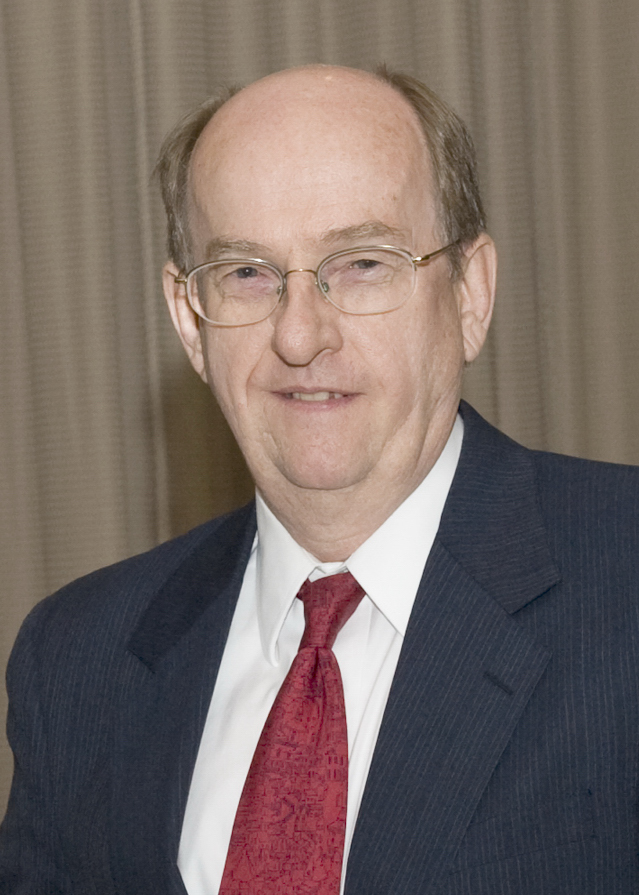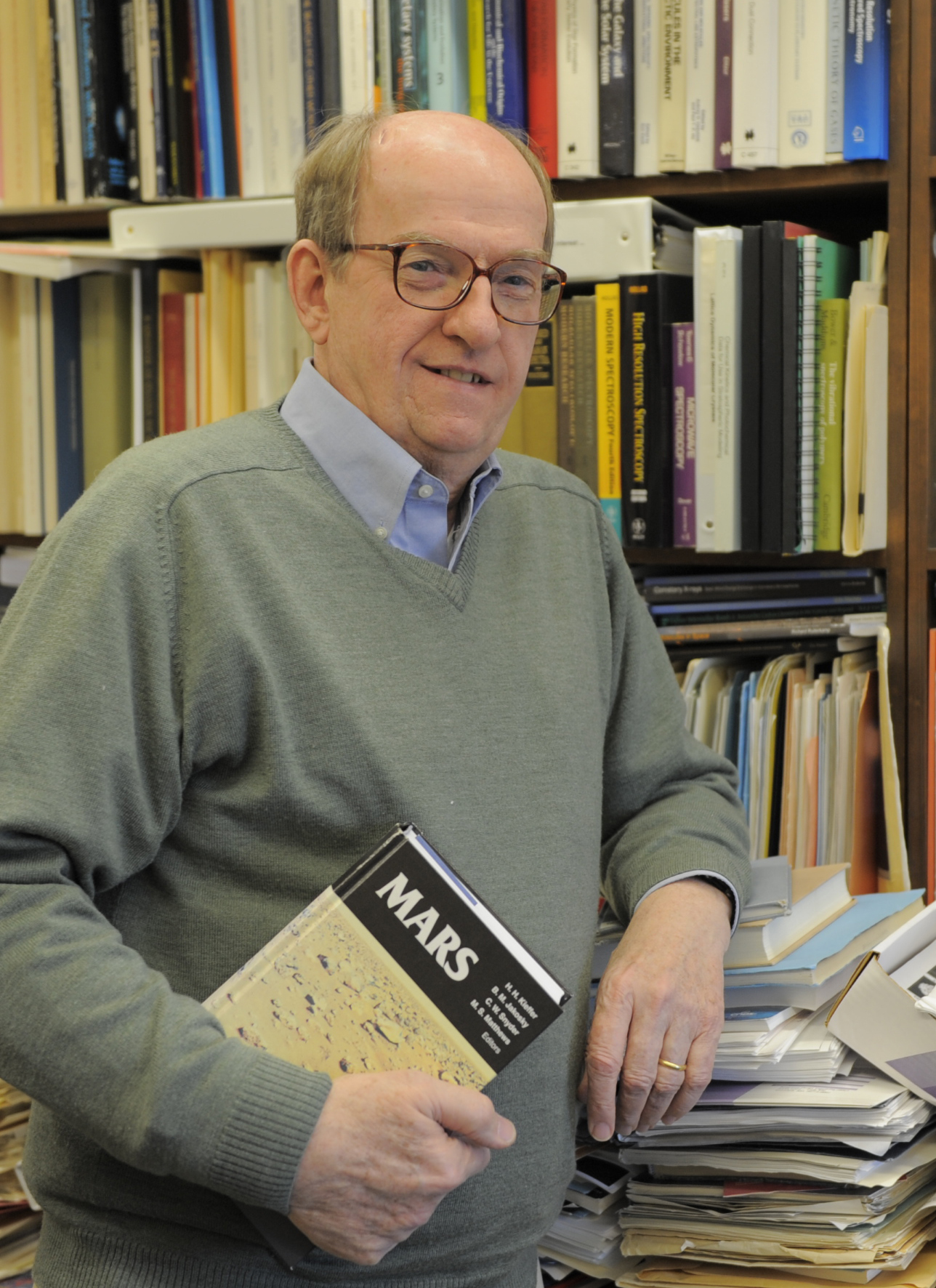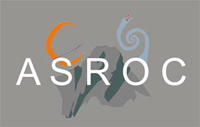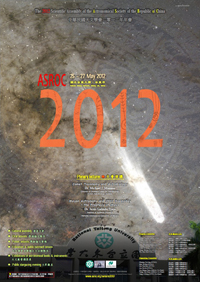
Profile - Dr. Michael J. Mumma
  |
Michael J. Mumma is a planetary scientist at NASA's Goddard Space Flight Center, where he is founding Director of the Goddard Center for Astrobiology, and a Senior Scientist in the Solar System Exploration Division. He is also Professor of Astronomy, University of Maryland (College Park). His work is largely directed towards understanding aspects of life's origin and its distribution in the cosmos - in the first case, by evaluating the role of comets in delivering water and pre-biotic organic compounds to the young Earth and, in the second, by searching for possible biomarker gases on other planets. He leads the Team that detected recent release of methane on Mars, and that now is searching for related trace gases to test whether their origin was biotic, abiotic, or both. His Team has extended the use of adaptive optics at the world's major observatories in Hawaii and Chile to the critical wavelength region where these gases may be detected, mapping regions of their release on Mars with unprecedented spatial resolution. An elected Fellow of the American Physical Society, Dr. Mumma was thrice recognized with NASA's (rarely awarded) Medal for Exceptional Scientific Achievement, in 1988, in 1997, and again in 2009. He received the John C. Lindsay Memorial Prize for Science at Goddard Space Flight Center in 2009 for his discovery of Mars as an active planet. In 1999, the International Astronomical Union named asteroid 8340 "Michael J. Mumma". |



